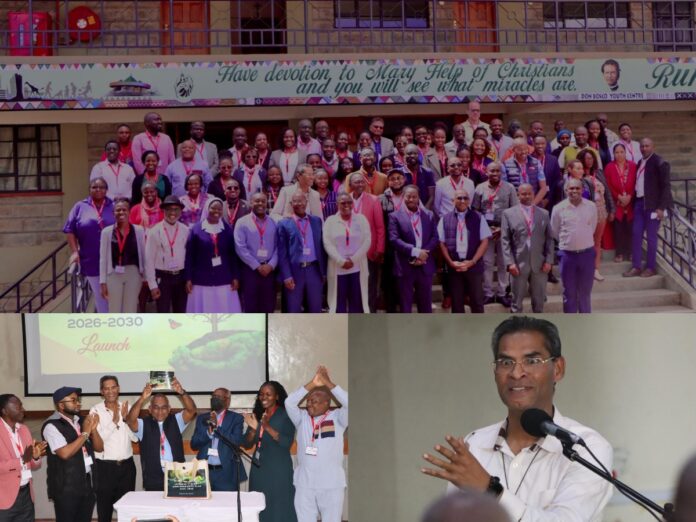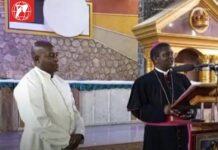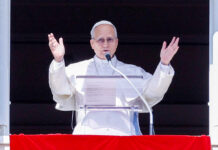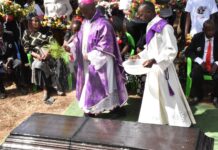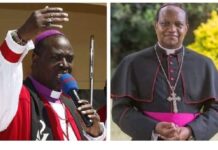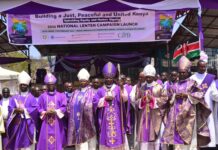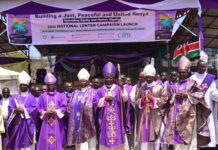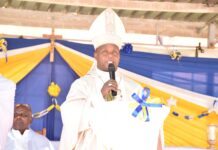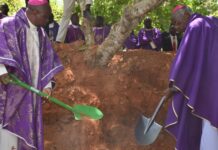The Salesians of Don Bosco in Kenya have unveiled an ambitious six-year environmental strategy that aims to take their institutions off grid, restore ecosystems, and empower thousands of young people to lead the country’s green transition.
Launched in Nairobi and spearheaded by Fr Sahaya Gnanaselvam, the Don Bosco Integral Ecology Strategy 2025 to 2030 seeks to make all 14 Don Bosco centres across Kenya models of sustainability. The initiative targets carbon reduction, renewable energy adoption, and sustainable water and waste management, with a strong focus on youth-driven climate action.
At the heart of the plan is a clear goal: to go completely off grid by 2030, powered by renewable energy systems installed across the Salesian network. The programme also pledges to recycle grey water, plant 500000 trees, and expand green clubs that will educate and mobilise young people around environmental stewardship.
Fr Savio Silveira, a key leader in the Don Bosco Green Alliance, described the initiative as “a call to rethink how we live, learn, and work in harmony with creation.”
He added that eco-anxiety among the youth must be channelled toward making the planet safer for all.
“Every environmental concern is a serious concern to our young people,” he said. “And if it concerns young people, it affects Don Bosco.”
Tackling the carbon cycle
The strategy takes a holistic scientific approach. Agricultural units within the Don Bosco centres will monitor carbon and nitrogen cycles, explore hyacinth-based manure production, and educate students on fertiliser management. The plan also highlights the urgent need to preserve marshy areas, recharge underground aquifers, and address water depletion, which has reached critical levels in parts of Kenya and beyond.
To diversify livelihoods and promote sustainable farming, Don Bosco’s agricultural units are investing in avocado and macadamia projects, cash crops seen as both eco-friendly and economically empowering for rural youth.
Waste not, want not
Waste management stands as another pillar of the new framework. All Don Bosco centres already practise waste segregation, and new memoranda of understanding are being developed with partners to handle electronic waste responsibly.
The plan was launched in collaboration with several environmental partners and innovators, including VAST Carbon, Ignis Innovation, and representatives from North Horr Constituency and various intergovernmental agencies.
Impact and inclusion
An estimated 40000 direct beneficiaries, mostly students, youth trainees, and community members, will take part in the initiatives. Don Bosco Kenya hopes that their model will inspire educational and faith-based institutions across the region to align their practices with global sustainability targets.
Fr Gnanaselvam called the plan “a moral and spiritual duty,” urging religious institutions to lead by example.









